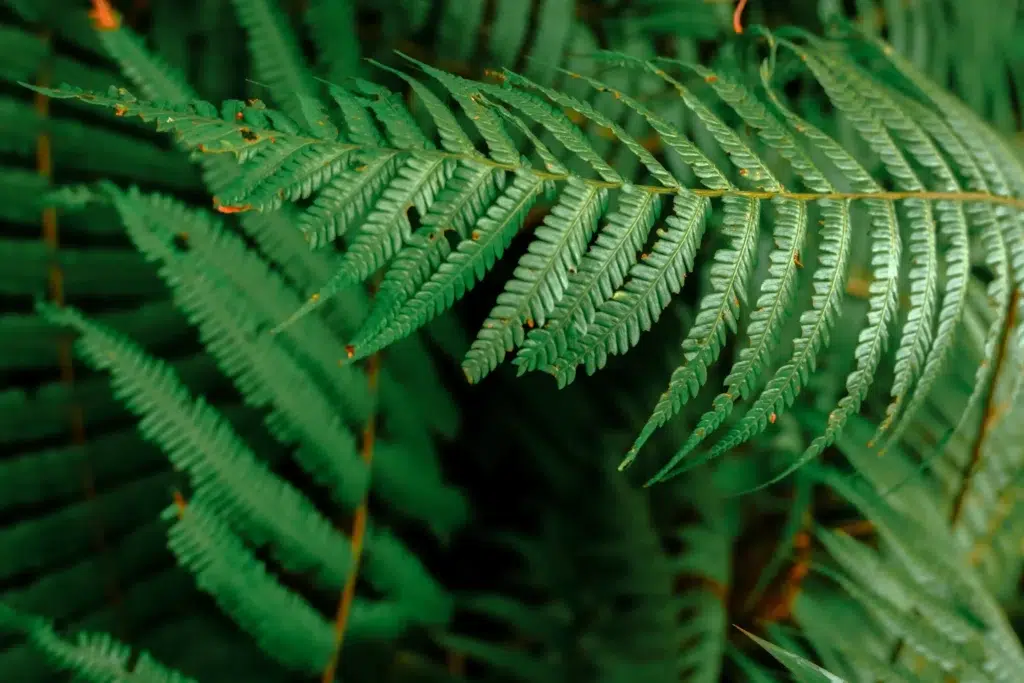Nothing compares to a scenic landscape offered by lush vegetation composed of Malaysia grass. Little wonder its widespread use throughout Asia. Amazingly enough, Malaysia grass, also, comes with low maintenance costs and this makes it the choice for outdoor plants. Scientifically termed, axonopus compresses, Malay grass has Asian roots
Season and Cultivation
Malaysia grass is native to Southeast Asia. It thrives best in fertile soils, wet ground, and moderately humid climate. It can be propagated by either planting the seeds or by vegetative means. In Asia, the grass blossoms most in the Southwest monsoon which runs from late May to September.
Nutritional Information
Malaysian grass has low caloric content. A 330-g serving of Malaysian grass has only 184 calories. It gives space for consumption of other high-calory foods. It also contains carbohydrates and proteins in appreciable amounts.
Amazingly, Malaysian grass has zero fat, vitamins and minerals. As a result of this, the calorie content of this grass is maintained at minimum levels. Moreover, in spite of the limited amounts of fat, the Malaysian grass compensates with a rich flavor.
Medicinal Use
Malaysian grass has in recent times become a plant of particular interest to clinicians both in Asia and even in other continents. It is known to regulates blood sugar levels as it has hypoglycemic impacts on diabetic patients. Also, in most parts of Asia, Malaysian grass is used in maintaining a healthy immune system which helps in disease prevention. Besides, it relieves oral complications and heals bleeding gums. It does this by using flavonoids present in the grass. It also cures mouth odor. It treats skin disorders as it is a potent anti-inflammatory and antiseptic agent. It lowers body cholesterol levels and reduces the chances of heart disorders.
Culinary Uses
Malaysian grass is a pivotal ingredient to Southeast Asian cooking just as basil is to Italian dishes. In culinary use, they are too rough to eat, so they are cut and ground and combined with fish or poultry soup or stir-fries. Alternatively, it can be sun-dried and ground into powder. Malaysian grass is famous for its savory, lemon aroma.
The Nam Khan project, is a functioning premaculture ecofarm, our Spanish Mediterranean inspired organic,healthy restaurant is trying to offer as much as possible from the farm. Guests would get to enjoy natural fruits, salads, micro greens and salad juices, vegetable fruit smoothies-detox, some Spanish tapas- tortillas and more.

